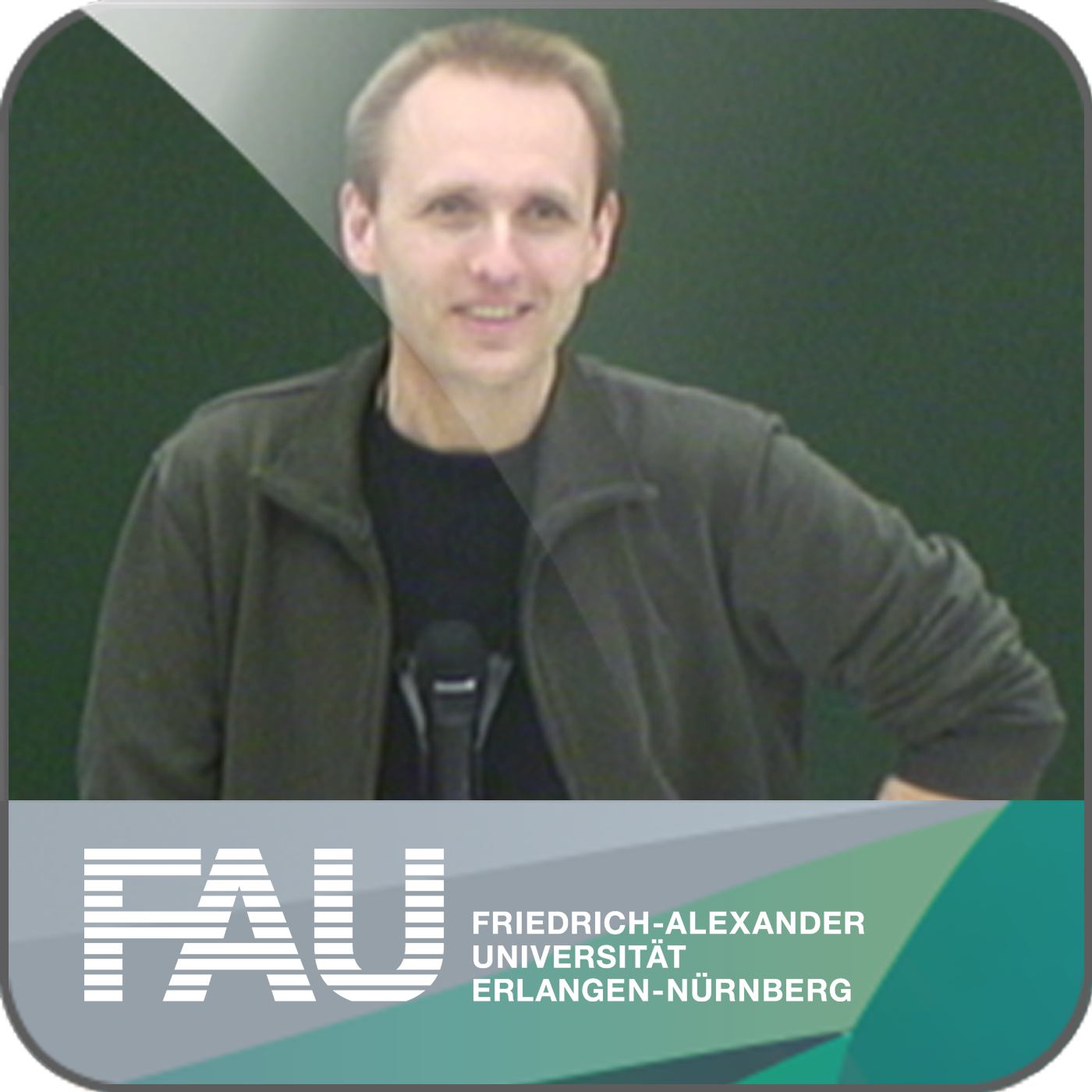We have a few loose ends to gather up from last time.
So let us briefly recall filtrations.
Did you call closure of alpha capital sigma or did you just call it closure of alpha?
Only closure of alpha.
Only closure of alpha.
So let us recall the definition.
We take a formula alpha and M a model.
How do we call valuations?
Pi or?
Pi.
Pi.
Yes.
A model with these data set to W of worlds, transition relation R, valuation pi.
And there was a definition of what it meant to filter M by alpha and the filtration of
M by alpha would not be uniquely defined but it would be a relation, an equivalence relation
on the set of worlds and well, the equivalent menstruation on the set of worlds is defined
by alpha but the relation that we get on the corresponding quotient model is only exhumatized
within a certain range.
So we have this, did you give the equivalence relation a name?
Induced by alpha?
I just wrote subscript alpha so I don't have to, no I didn't name equivalence relation.
Okay so let's say that V is alpha equivalent to W if and only if for all formulas phi in
the closure of alpha if and only if V satisfies phi if and only if W satisfies phi so two
states in the model are equivalent if and only if indistinguishable by subformulas of
alpha.
And then a relation on the quotient at set, quotient by this indistinguishability relation
under alpha is a filtration if and only if the following hold.
So let me remember there's two conditions basically, I shouldn't call this R as well,
I should call this R bar.
So first of all it has at least a minimal prescribed size, this relation, namely whenever
I have WRV upstairs in the original model then I also want it downstairs where, well
I'm omitting the triple equality sign on the index here so by writing index alpha here
I mean equivalence classes under this equivalence relation here.
So whenever I have a transition upstairs it survives downstairs so that's the minimal
relation that I have basically.
And second, there's basically a condition that bounds the size of R bar from above and
it says that whenever I put two equivalence classes in relation R bar then this must be
compatible with the satisfaction of modal formulas when restricted to the closure of
alpha.
So that means, well let's write this in terms of boxes, for all formulas no not sigma, phi,
box phi in the closure of alpha.
So yeah we do strictly mean here that the box should be there as well so the whole formula
box phi should be a sub-formula of alpha.
If W satisfies, so the original W in the original model, if W satisfies box phi then V satisfies
phi.
So this definition was there last time so Esther Deish noticed afterwards, well not
that he could have done anything against it because the time was up, there was three things
missing.
First of all we have to show that we really do have a minimal and a maximal filtration
where we define our bar by precisely either the first condition or the second condition
Presenters
Zugänglich über
Offener Zugang
Dauer
01:30:58 Min
Aufnahmedatum
2015-11-10
Hochgeladen am
2019-04-28 10:29:47
Sprache
en-US
The course overviews non-classical logics relevant for computer scientists, in particular
-
Modal logics, extended to formalisms for reasoning about programs - PDL, mu-calculus. Modal systems also form the core of logics of agency and logics for reasoning about knowledge. Moreover they can be seen as a computationally well-behaved fragment of first-order logic over relational structures.
-
Intuitionistic logic, which can be seen as a fragment of certain modal logics (S4) or as the logic of type theory and program extraction.
-
Linear logic, which is established as the core system for resource-aware reasoning
-
The logic of bunched implications and separation logic: more recent formalisms to reason about heap verification and programs involving shared mutable data structures.
-
Fuzzy and multi-valued logics for reasoning with vague information.
